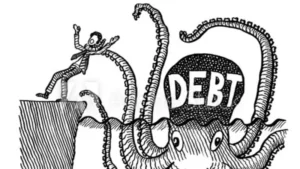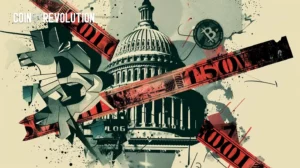
Hong Kong and Germany are considering the incorporation of Bitcoin into their national reserves, a significant move towards mainstream acceptance of cryptocurrency. This development may have far-reaching implications for the global financial landscape.
As the world becomes increasingly reliant on digital assets, it’s not surprising to see major economies like Hong Kong and Germany exploring alternative reserve options. Hong Kong, in particular, has been at the forefront of crypto adoption and innovation, with its existing infrastructure well-suited to accommodate Bitcoin reserves.
The proposal suggests that Hong Kong could use Bitcoin as a means of diversifying its financial portfolio and enhancing economic stability. With an already-established virtual asset development subcommittee, the city is well-positioned to spearhead such an initiative. The potential benefits are substantial, including reduced reliance on traditional assets, increased financial flexibility, and enhanced international competitiveness.
Germany’s consideration of Bitcoin reserves follows a similar trend. Former German Finance Minister Christian Lindner has publicly advocated for the European Central Bank and Bundesbank to invest in Bitcoin. This move would not only bring the nation in line with its global counterparts but also provide a hedge against potential market volatility.
It is essential to note that China, being the second-largest holder of Bitcoin, owns approximately 190,000 Bitcoins worth over $18 billion. The US already holds a substantial amount as well, leaving the door open for other countries like Hong Kong and Germany to join the ranks.
Not only does this development have significant implications for the crypto market but also the global financial landscape. It would be interesting to see how these countries approach their cryptocurrency adoption and whether they would consider other digital assets in addition to Bitcoin.
As the trend takes shape, we can anticipate a potential shift towards decentralized digital currencies and away from traditional reserve currencies.
Source: cryptotale.org


